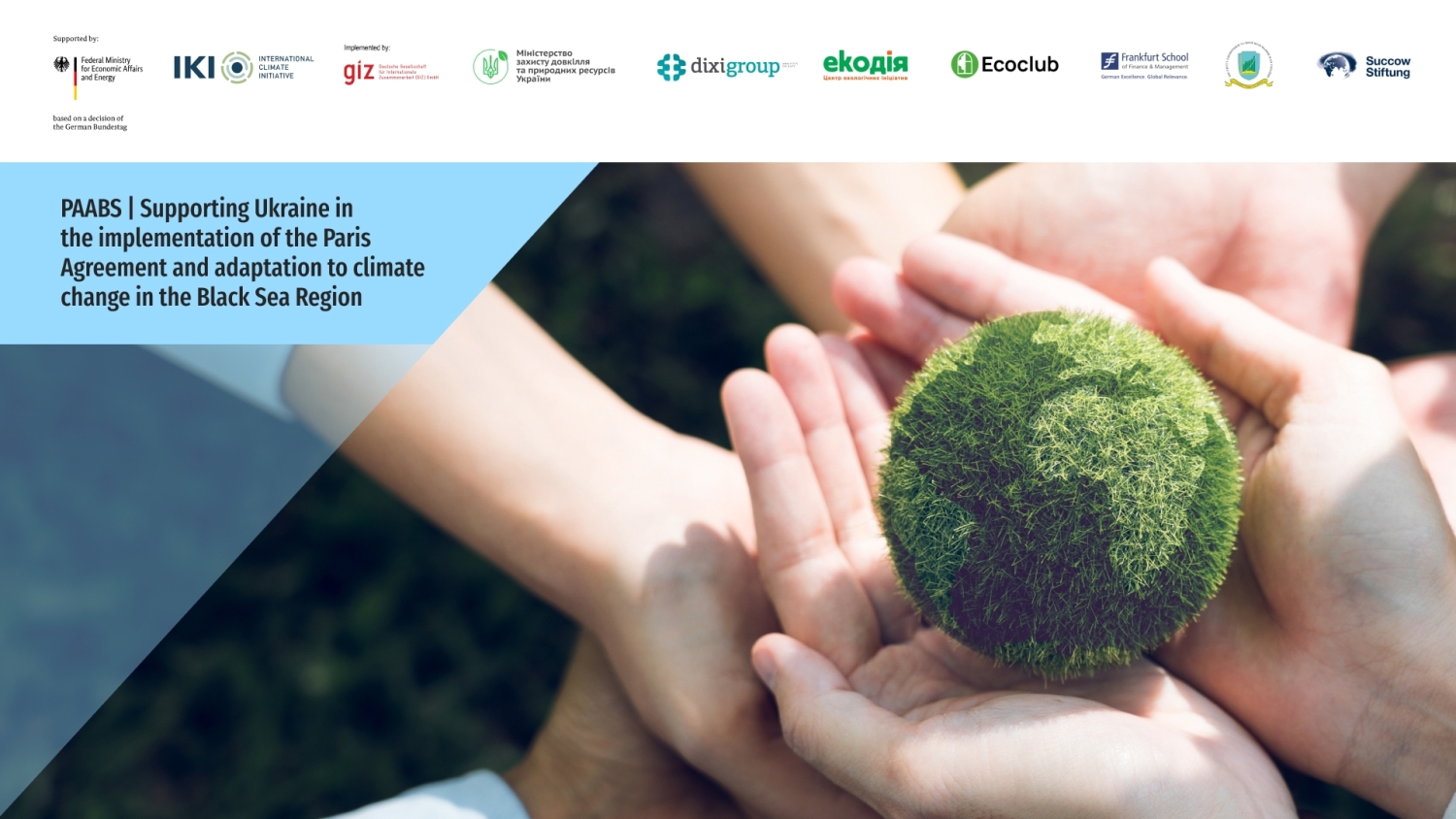Зворотний зв'язок
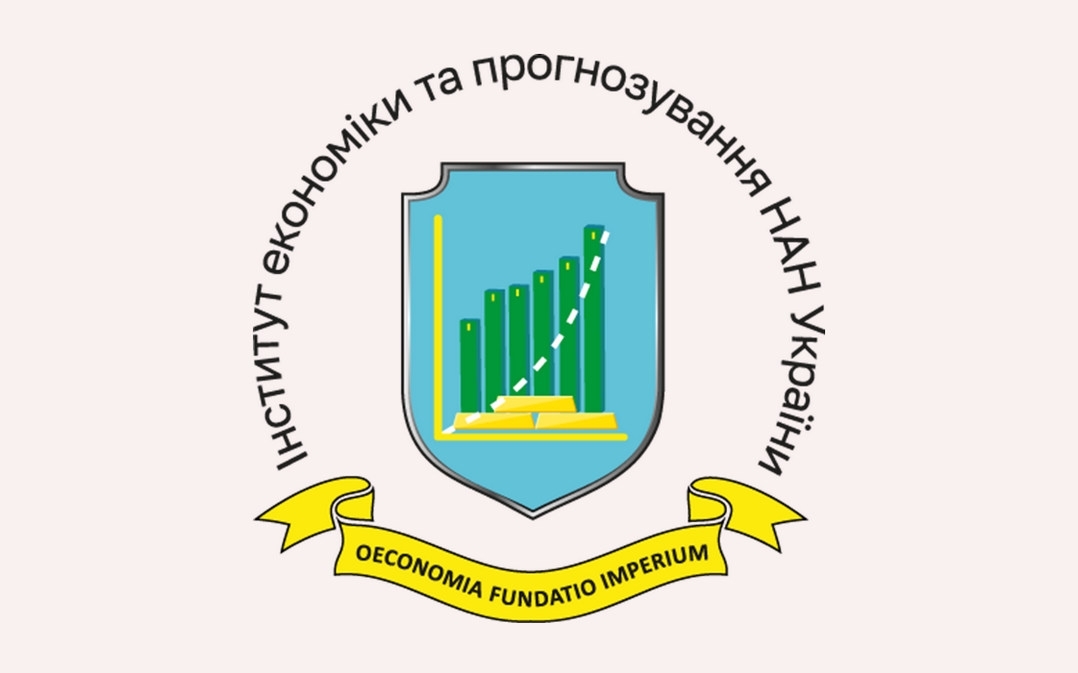 Детальніше
Державна установа "ІНСТИТУТ ЕКОНОМІКИ ТА ПРОГНОЗУВАННЯ НАЦІОНАЛЬНОЇ АКАДЕМІЇ НАУК УКРАЇНИ"
Детальніше
Державна установа "ІНСТИТУТ ЕКОНОМІКИ ТА ПРОГНОЗУВАННЯ НАЦІОНАЛЬНОЇ АКАДЕМІЇ НАУК УКРАЇНИ"
 Детальніше
ДВОБІЙ, ЯКИЙ ПРОДОВЖУЄТЬСЯ (пам'яті Олександра Корніяки)
Детальніше
ДВОБІЙ, ЯКИЙ ПРОДОВЖУЄТЬСЯ (пам'яті Олександра Корніяки)
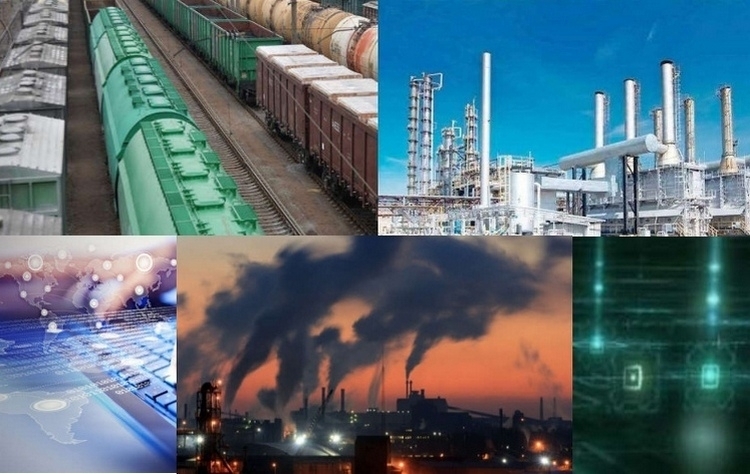 Детальніше
Інноваційна політика, розвиток інфраструктури
Детальніше
Інноваційна політика, розвиток інфраструктури
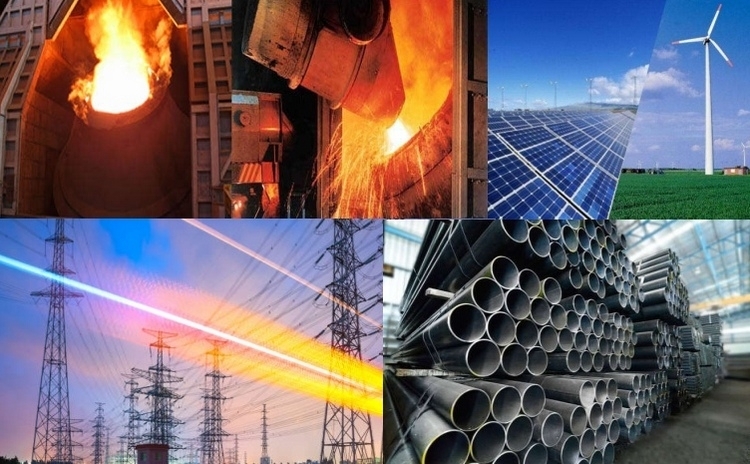 Детальніше
Кон’юнктура ринків, промислова політика, секторальні прогнози
Детальніше
Кон’юнктура ринків, промислова політика, секторальні прогнози
 Детальніше
Економічна теорія та історія, соціоекономіка праці
Детальніше
Економічна теорія та історія, соціоекономіка праці
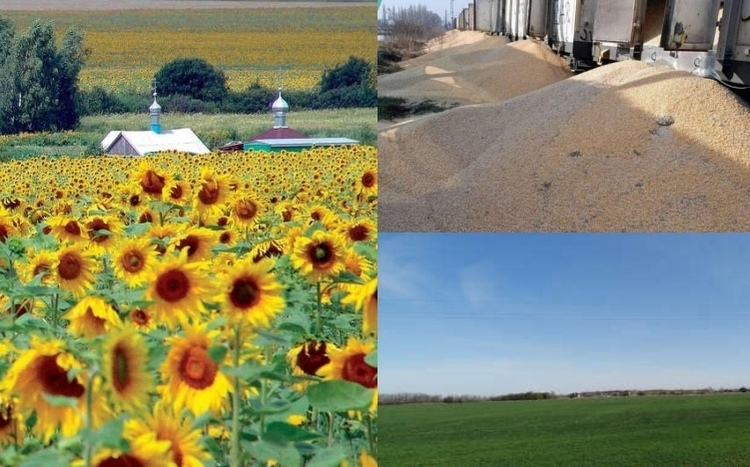 Детальніше
Економіка і політика аграрних перетворень
Детальніше
Економіка і політика аграрних перетворень
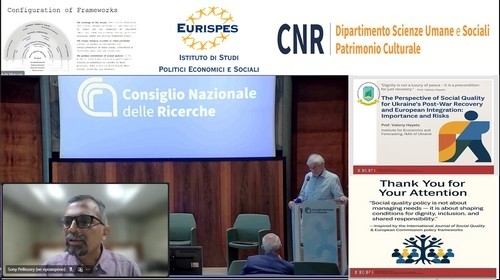 Детальніше
Назустріч Всесвітньому соціальному саміту ООН
Детальніше
Назустріч Всесвітньому соціальному саміту ООН
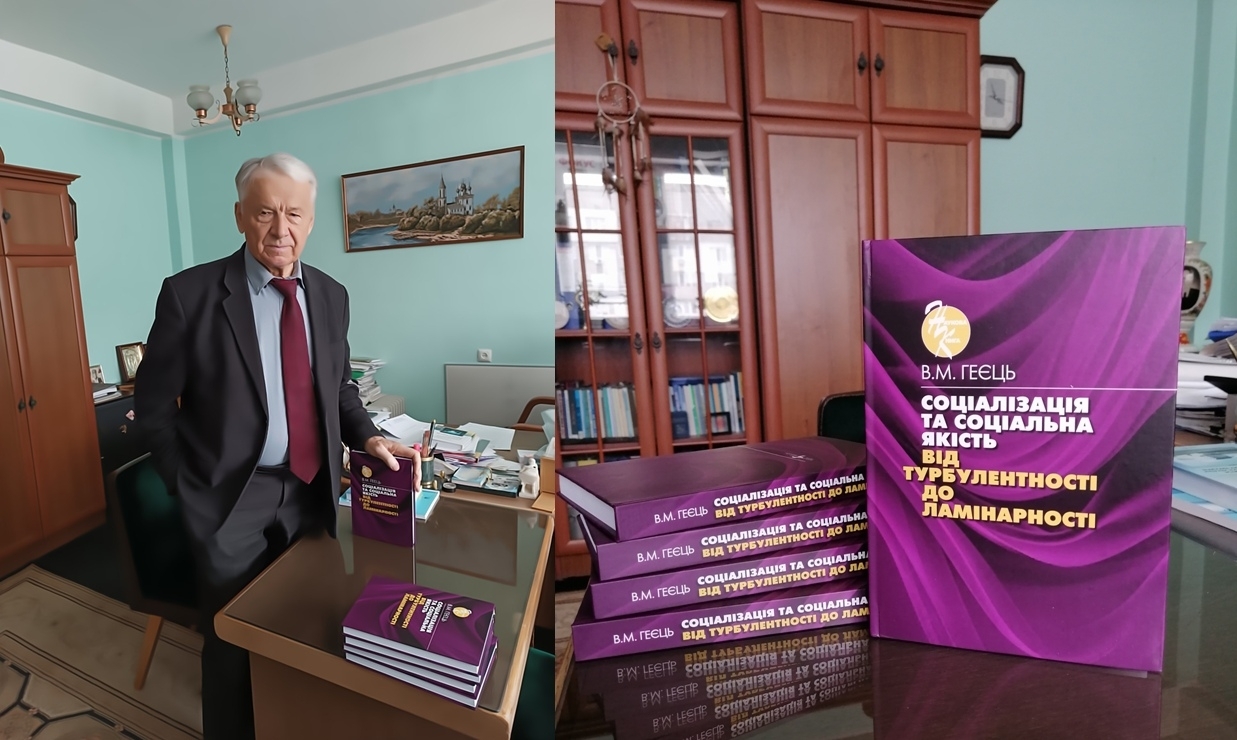 Детальніше
Соціалізація та соціальна якість: від турбулентності до ламінарності
Детальніше
Соціалізація та соціальна якість: від турбулентності до ламінарності
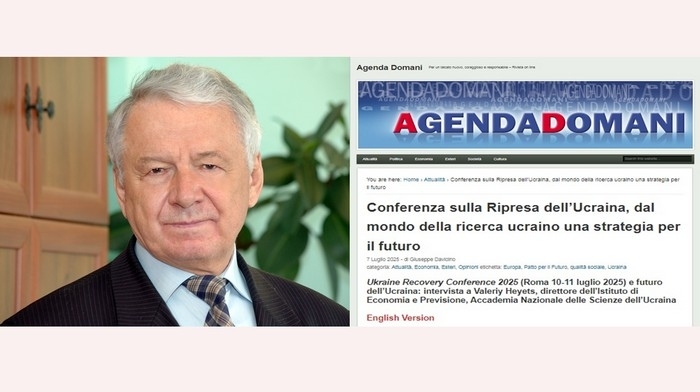 Детальніше
Перспектива соціальної якості для післявоєнного відновлення та європейської інтеграції України: релевантність та ризики
Детальніше
Перспектива соціальної якості для післявоєнного відновлення та європейської інтеграції України: релевантність та ризики
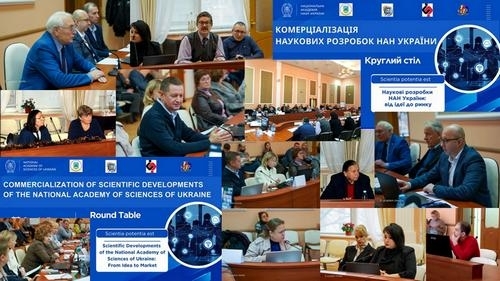 Детальніше
Від ідеї до ринку: комерціалізація розробок НАН України як стратегія розвитку
Детальніше
Від ідеї до ринку: комерціалізація розробок НАН України як стратегія розвитку
